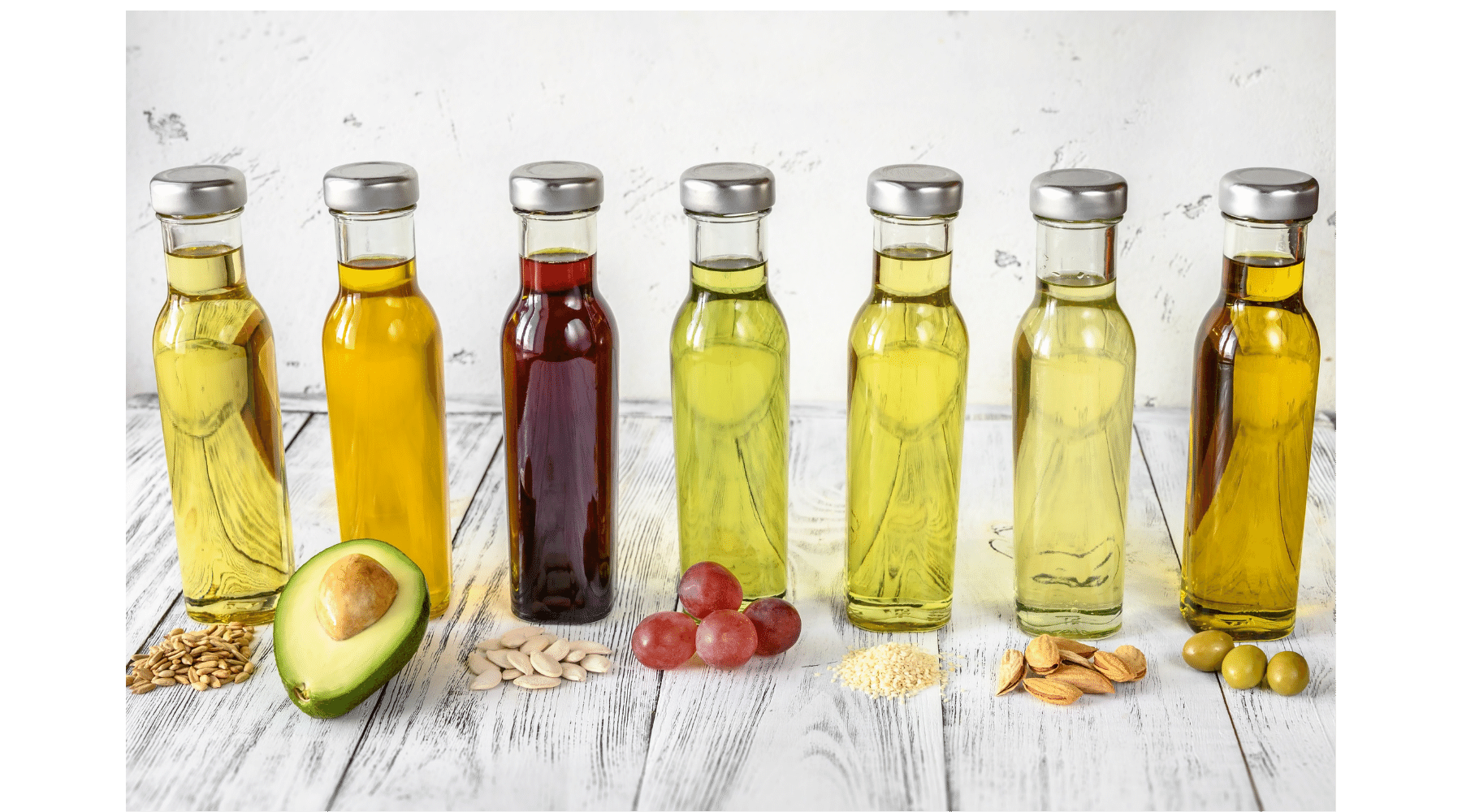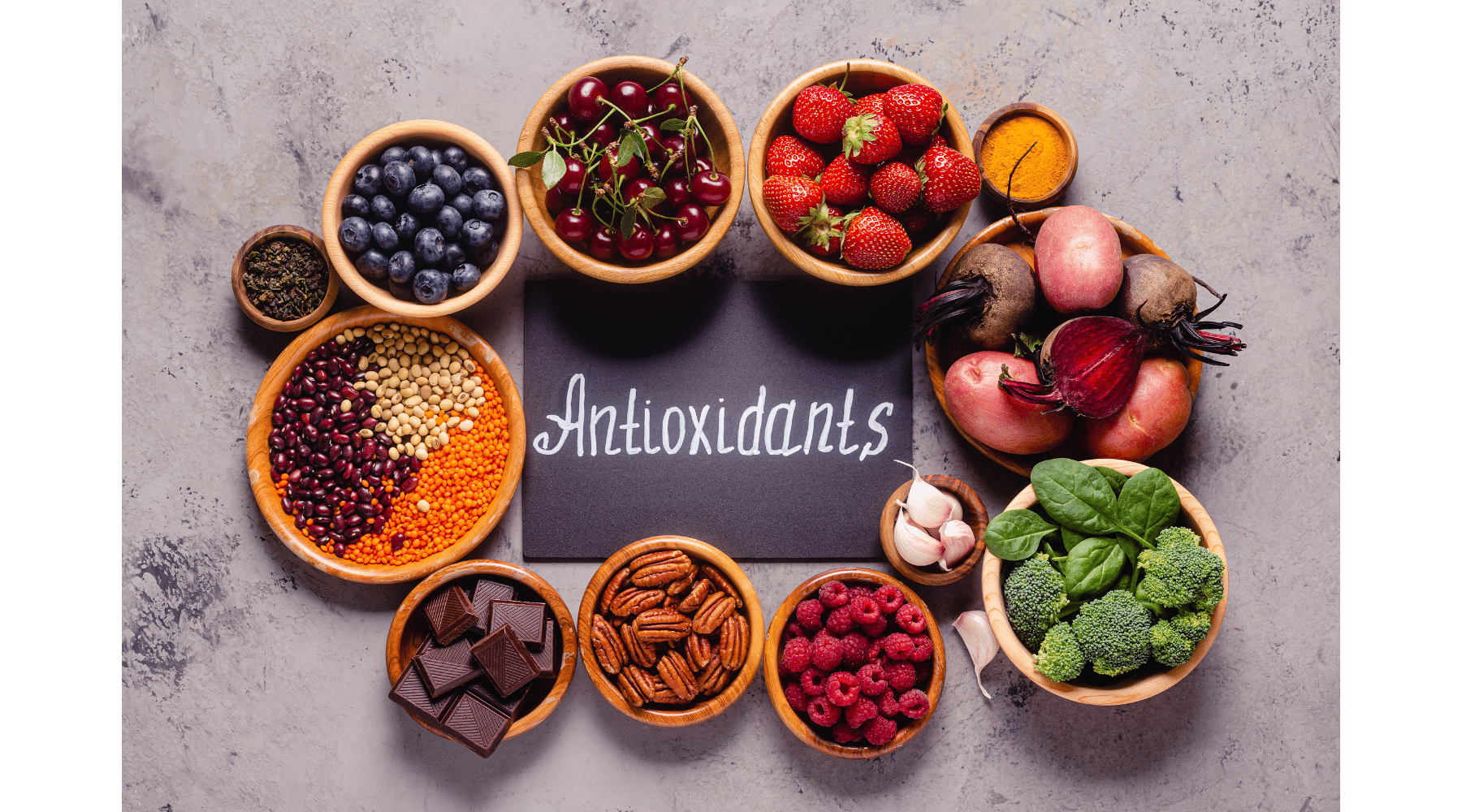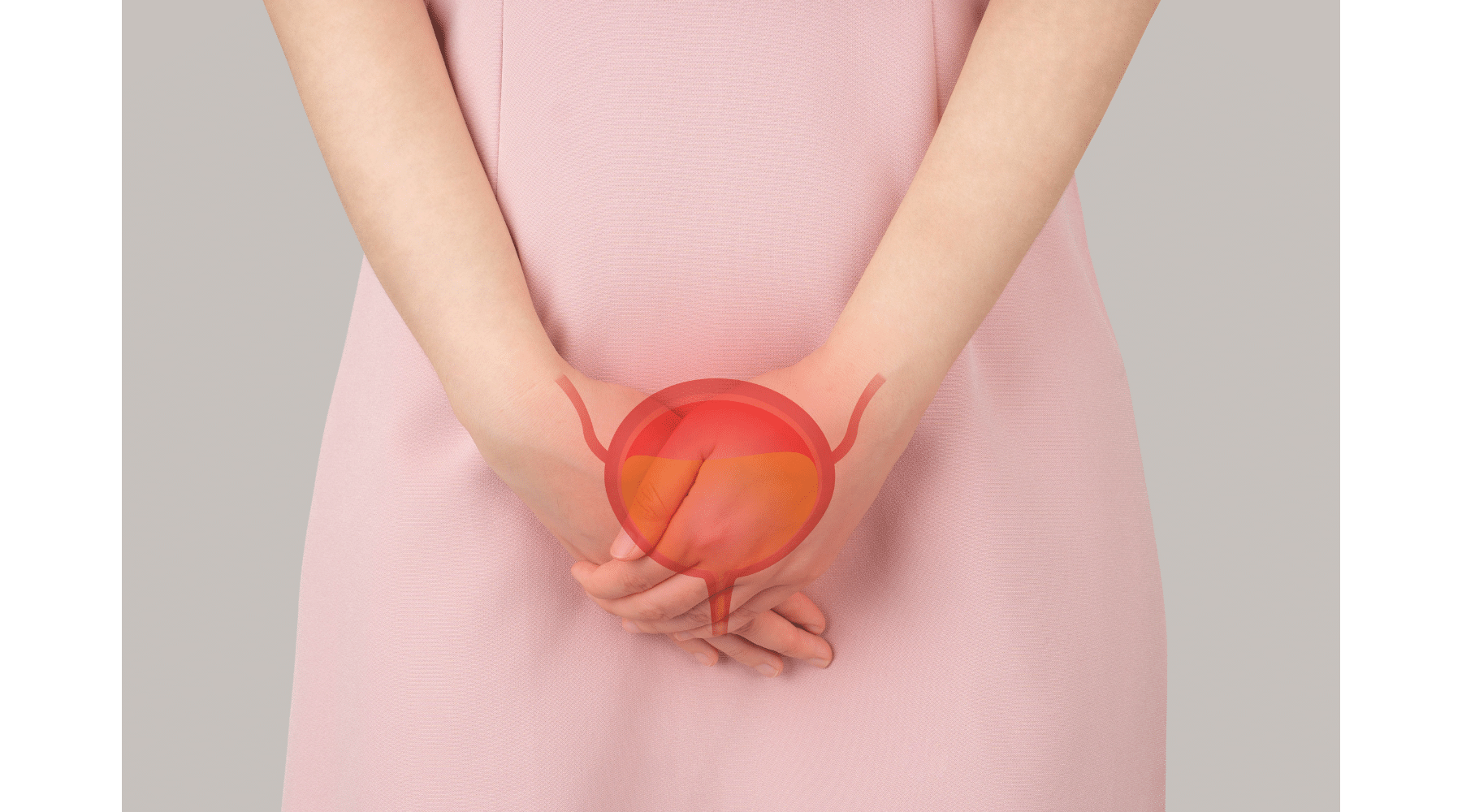
Are Phytosterols the Key to a Healthier Heart?
If you're looking for a natural way to boost heart health, phytosterols might just be the missing piece! These plant-based compounds are known for their ability to reduce cholesterol absorption, ultimately lowering LDL levels and the risk of heart disease. From dietary supplements to fortified foods, phytosterols are making quite a stir in the health world. Don't just take our word for it, check out the studies and see for yourself!
What are Phytosterols?
Let's start with the basics: What are phytosterols? Phytosterols are natural plant compounds that are structurally similar to cholesterol. However, unlike cholesterol, phytosterols are not synthesized by the human body. Instead, they are obtained from the diet through the consumption of foods such as nuts, seeds, and vegetable oils. Phytosterols have gained much attention in recent years due to their potential health benefits, particularly in regards to heart health. Studies have shown that phytosterols may help to lower cholesterol levels, reduce inflammation, and improve endothelial function. But how exactly do they achieve these benefits? Let's dig a little deeper.
How do they Help Your Heart Health?
Phytosterols, also known as plant sterols, have gained popularity in recent years due to their potential benefits for heart health. These compounds have a similar structure to cholesterol and can compete with it for absorption in the gut. By doing so, phytosterols can help reduce the amount of cholesterol that enters the bloodstream, ultimately leading to lower levels of LDL cholesterol (the "bad" kind). But that's not all! Phytosterols have also been shown to have anti-inflammatory and antioxidant properties, which can further benefit the heart. Some studies suggest that regular intake of phytosterols may even improve blood vessel function, reduce blood pressure, and decrease the risk of heart disease. So, where can you find these heart-healthy compounds? Look no further than your local grocery store! Foods such as nuts, seeds, whole grains, and vegetables are all great sources of phytosterols. Just be sure to choose foods that are minimally processed and low in saturated and trans fats. As with any nutrient, it's important to consume phytosterols in moderation and as part of a balanced diet. So, what are you waiting for? Add some phytosterol-rich foods to your plate and give your heart a little extra love!
The Potential Benefits of Phytosterols for a Healthy Heart
Moving on to the potential benefits of phytosterols for a healthy heart, the evidence is overwhelmingly positive. Research has shown that phytosterols can lower LDL cholesterol levels, which is the "bad" cholesterol that can build up in our arteries and increase the risk of heart disease. By reducing the absorption of cholesterol in the gut, phytosterols can help to lower overall cholesterol levels in the body. In fact, the FDA has even approved health claims for foods containing phytosterols, stating that they can help to reduce the risk of heart disease. So, if you're looking to improve your heart health, adding more phytosterols to your diet could be a great place to start. But where can you find these magical compounds? Stay tuned for our next section on where to find sources of phytosterols in food.
Where to Find Sources of Phytosterol in Food
When it comes to getting more phytosterols in your diet, the good news is that they are found in a wide variety of foods. Some of the best sources of phytosterols include nuts (such as almonds and pistachios), seeds (like sesame and sunflower seeds), and whole grains (such as oats and barley). You can also find phytosterols in fruits and vegetables, with high levels present in avocados, Brussels sprouts, and sweet potatoes. If you're a fan of legumes, you're in luck too - beans, lentils, and chickpeas are all packed with phytosterols. For those who prefer animal-based foods, some dairy products like milk and yogurt also contain phytosterols. And if you're looking to add some variety to your diet, there are also certain specialty products that are fortified with phytosterols, such as orange juice and margarine spreads. With so many different options available, it's easy to incorporate more phytosterols into your meals and snacks.
Are There Any Risks Associated With Taking Too Much Phytosterol?
Now, let's talk about the elephant in the room: are there any risks associated with taking too much phytosterol? Well, the short answer is yes. While phytosterols have been proven to help lower cholesterol levels and improve heart health, taking too much of them could potentially lead to negative effects. For instance, excessive intake of phytosterols may interfere with the absorption of fat-soluble vitamins, such as vitamin E. Additionally, because phytosterols are structurally similar to cholesterol, consuming too much of them could cause a buildup of cholesterol in certain tissues, leading to potential health issues. However, it's important to note that these risks are associated with extremely high doses of phytosterols, which are not typically found in a regular diet. So, while it's important to be mindful of your phytosterol intake, you don't need to worry too much about going overboard with this heart-healthy nutrient.
Conclusion: Is Taking Extra Care with your Diet the Key to a Healthier Heart and Lower Cholesterol Levels?
In conclusion, incorporating phytosterols into your diet can definitely play a key role in maintaining a healthy heart. However, it's important to remember that it's not a magic bullet. While phytosterols have been shown to lower cholesterol levels, they should be part of a larger effort to maintain a healthy lifestyle. This includes eating a balanced diet, exercising regularly, and managing stress levels. Additionally, it's important to keep in mind that while phytosterols are generally safe, taking too much could potentially have negative effects. As with any dietary supplement, it's important to consult with a healthcare provider before making any significant changes to your diet. In summary, while phytosterols are a promising addition to any heart-healthy diet, they should be viewed as just one piece of the puzzle in maintaining overall cardiovascular health.
People also ask
Which two foods are highest in phytosterols?
Two foods that are very high in phytosterols are nuts and seeds. These plant-based compounds are very similar in structure to cholesterol, and research has shown that they can help lower levels of LDL or "bad" cholesterol in the bloodstream. One of the best sources of phytosterols is actually a type of nut called the pistachio. Pistachios contain more phytosterols than any other nut, with about 214 mg per 100 grams. Almonds, which are also a great source of protein and healthy fats, contain about 150 mg per 100 grams. Another excellent food for getting more phytosterols into your diet is seeds. Sunflower seeds are particularly high in these compounds, with about 280 mg per 100 grams. Pumpkin seeds come in a close second, with around 265 mg per 100 grams. In addition to these two foods, there are many other sources of phytosterols that you can incorporate into your meals. Avocados, whole grains, and legumes all contain moderate amounts of these compounds and can be included as part of a healthy diet. Overall, if you're looking for ways to improve your heart health and lower your risk for conditions like heart disease and stroke, adding more nuts and seeds to your diet is an excellent place to start!
What is the risk of phytosterols?
Phytosterols are plant-based compounds that have a similar structure to cholesterol. They are found in many foods, including fruits, vegetables, and grains. While phytosterols have been shown to have potential health benefits, such as reducing cholesterol levels and improving heart health, there are also some risks associated with their consumption. One potential risk of phytosterols is that they may interfere with the absorption of certain vitamins and minerals. This is because phytosterols can bind to the same receptors in the digestive tract as these nutrients, preventing them from being absorbed properly. This could potentially lead to deficiencies over time. Another risk of phytosterols is that they may cause gastrointestinal issues such as bloating, gas, and diarrhea. This is because they can act as a laxative and increase the frequency of bowel movements. Additionally, there is some concern that high doses of phytosterols may increase the risk of certain types of cancer, although more research is needed in this area. Overall, while phytosterols can be beneficial for some individuals when consumed in moderation, it's important to be aware of their potential risks as well. It's always best to speak with a healthcare provider before making any significant changes to your diet or supplement regimen.
What are the negative side effects of plant sterols?
Plant sterols, also known as phytosterols, are plant-derived compounds that have a similar structure to cholesterol. They are often added to foods as an ingredient to help lower cholesterol levels in the body. While plant sterols have been shown to be effective in reducing cholesterol, there are also some negative side effects associated with their use. One of the most common side effects of plant sterols is digestive issues such as diarrhea, gas, and bloating. This is because plant sterols can interfere with the absorption of certain nutrients in the gut. It is recommended that individuals who consume high amounts of plant sterols also increase their intake of fiber and water to help alleviate these symptoms. Another potential negative side effect of plant sterols is their impact on the absorption of fat-soluble vitamins such as vitamin A, D, E and K. Plant sterols can reduce the absorption of these vitamins which can lead to deficiencies over time if not addressed. Furthermore, there is some concern that long-term consumption of high doses of plant sterols may increase the risk for heart disease by interfering with the body’s ability to produce its own cholesterol. It is important for individuals who are considering taking supplements containing plant sterols to speak with a healthcare professional before doing so. In conclusion, while plant sterols have been shown to be effective in lowering cholesterol levels in the body, there are several potential negative side effects associated with their use. Individuals should weigh the benefits and risks before incorporating high amounts of plant sterols into their diet or supplement regimen.
References
-
https://my.clevelandclinic.org/health/drugs/17368-phytosterols-sterols--stanols
-
https://lpi.oregonstate.edu/mic/dietary-factors/phytochemicals/phytosterols
-
https://www.healthline.com/nutrition/phytosterols-benefits-and-downsides


